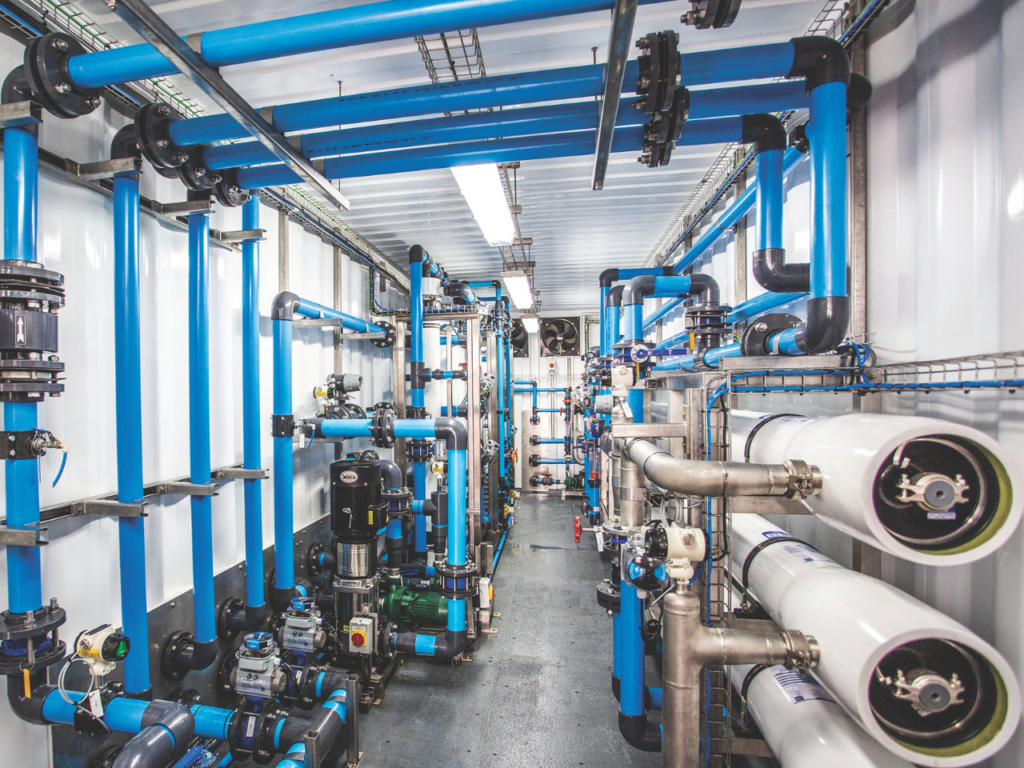Living in South Africa, you learn to listen to the rhythm of its neighbourhoods. Is it the joyful splash of kids in a filled pool or the frustrating sputter of an empty tap? Lately, I’ve heard too much of the latter, and it’s got me thinking: we’re missing the point.
Most South Africans don’t know this, but we are a country that is water scarce, prone to mild to severe droughts with spouts of good rainfall.
Notwithstanding this, we have shortages due to technical or capacity constraints, which can be addressed in certain respects. For example, Gauteng faces significant water shortage challenges, evidenced by residents hauling buckets from communal tanks and reports of clinics without running water. These challenges highlight a disconnect between large-scale infrastructure projects and the immediate, basic needs of communities. The emphasis on long-term, complex solutions often overshadows the urgent requirement for accessible water, revealing a struggle to effectively address the growing population’s needs with existing, strained municipal systems. We get caught up in grand schemes, multi-million-rand projects, and endless debates about who should own what. Don’t get me wrong – those things matter. But when I see my fellow South Africans hauling buckets from a communal tank or hear stories of clinics without running water, I can’t help but wonder if we’ve lost sight of the basics. Frankly, I don’t care who owns the pipes or treatment plants as long as they deliver water on accessible and pragmatically affordable terms, bearing in mind that water safe for consumption typically has a cost. I’m tired of promises that stretch years into the future while my country thirsts today. I’m tired of hearing about “infrastructure challenges” when a simple, modular solution could bring immediate relief. Look, I understand municipalities are under immense pressure. They deal with old systems, tight budgets, and a growing population. But sometimes, I feel like they’re building castles in the sky while their feet are sinking in mud.
Partnerships

Billy James, managing executive, NuWater
Here’s where things get complicated for me. I work in the water space. I see the technical side, the complexities and how this may benefit the company I work for. I also see tangible solutions that can help communities right now. And yes, I’ll admit, there’s a conflict of interest here. Yet, I know the potential for private companies to play a role, and which comes with its concerns over management of services, but these can be mitigated. What if, instead of focusing solely on these massive, long-term projects, governments and municipalities invested in smaller, quicker wins? What if they partnered with companies that can solve these problems, offering modular treatment units that can be deployed in weeks, not years? Imagine the impact, the trust they’d build. This is just a quick example of how the private sector could provide decentralised water treatment solutions. I know this sounds like privatisation, but it isn’t, it is partnering to provide solutions. And let’s be honest: When your child is thirsty, you don’t care who’s filling the glass. You just want it filled. And if a private company can help fill that glass faster and more efficiently, then I say, let them, as long as they can do so at the same or more economically feasible rate. And it’s not just about the water itself.

It’s about the feeling of being seen, of being heard. It’s about knowing that your local government cares enough to address your immediate needs, not just some abstract future ideal.
We need to shift our focus. We need to stop thinking in terms of grand gestures and start thinking in terms of running taps. We need to build trust, one drop at a time. Because, in the end, a running tap isn’t just about water. It’s about dignity. It’s about hope. And frankly, it’s about time. South Africa has companies that specialise in providing water treatment solutions that can be part of that solution. And those charged with providing solutions or maintaining communities with water access should act now!
Help is out there, and solutions exist; it requires engagement and a shift from castles in the sky to foot marks in the sands to deliver clean water and promises to South Africans in a way that looks beyond grandiose brick and mortar and more in line with dignified living.
Service delivery is defined as ‘the process by which a company or organisation provides services to its customers, ensuring the service is effectively delivered, meets customer expectations, and aligns with agreed-upon standards.’ Let us not allow this to devolve into a service payment without effective delivery anymore. I hope everyone’s next glass is filled. NuWater is a technology-led engineering company specialising in the design, construction, financing, operation, and maintenance of water treatment plants. The company focuses on providing sustainable, mobile, adaptable, and efficient solutions for various sectors, including agriculture, municipal services, mining, food and beverage, industrial processes, and energy. NuWater employs advanced technologies such as ultrafiltration and reverse osmosis to treat contaminated water, making it suitable for drinking and industrial use.  Solutions offer:
Solutions offer:
- Water filtration
- Mineral removal and desalination
- Water reclamation and reuse
- Effluent treatment
- Brine treatment, minimal liquid and zero liquid discharge water treatment
- Solar-powered water treatment.
By Billy James, managing executive, NuWater









